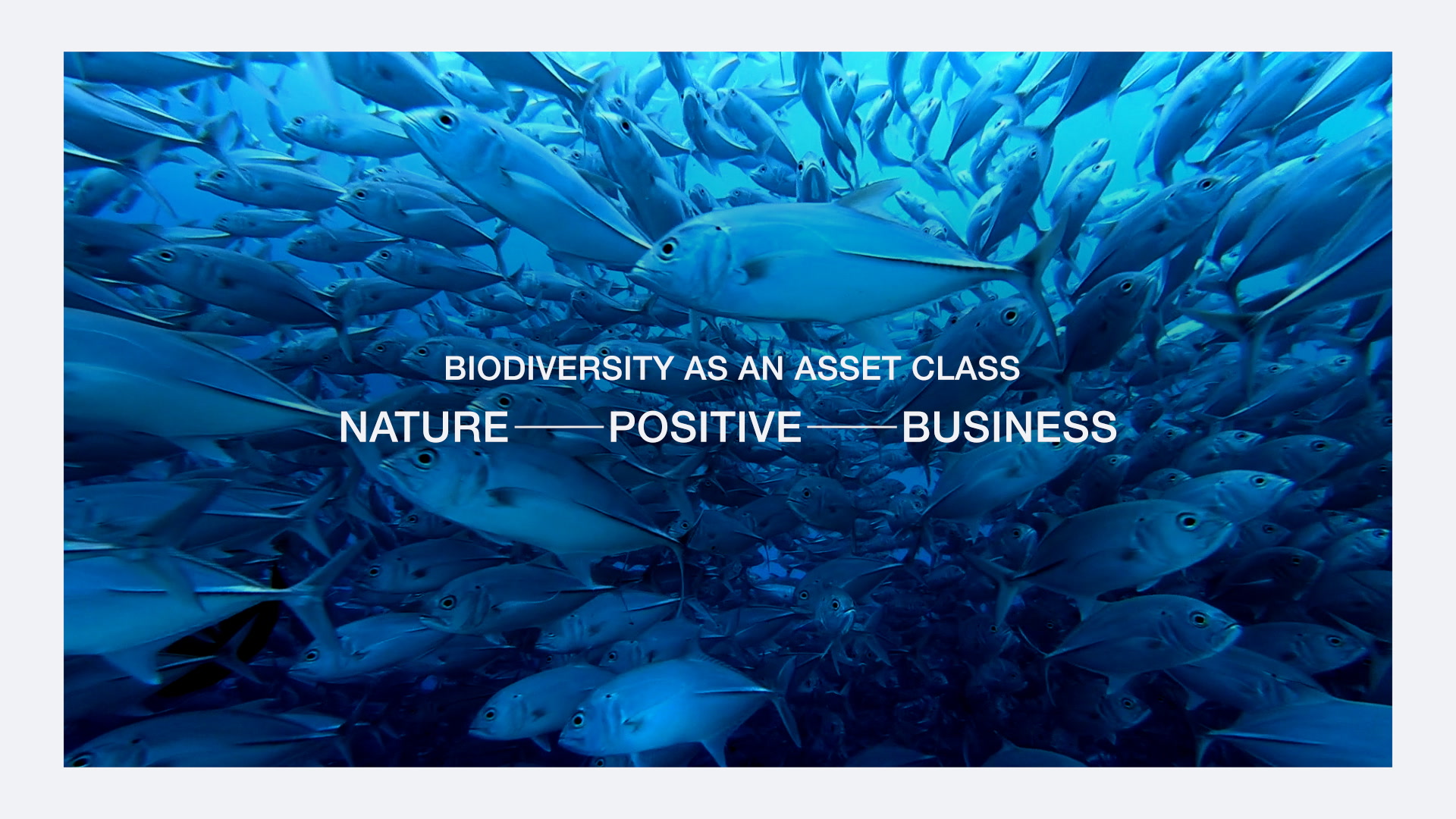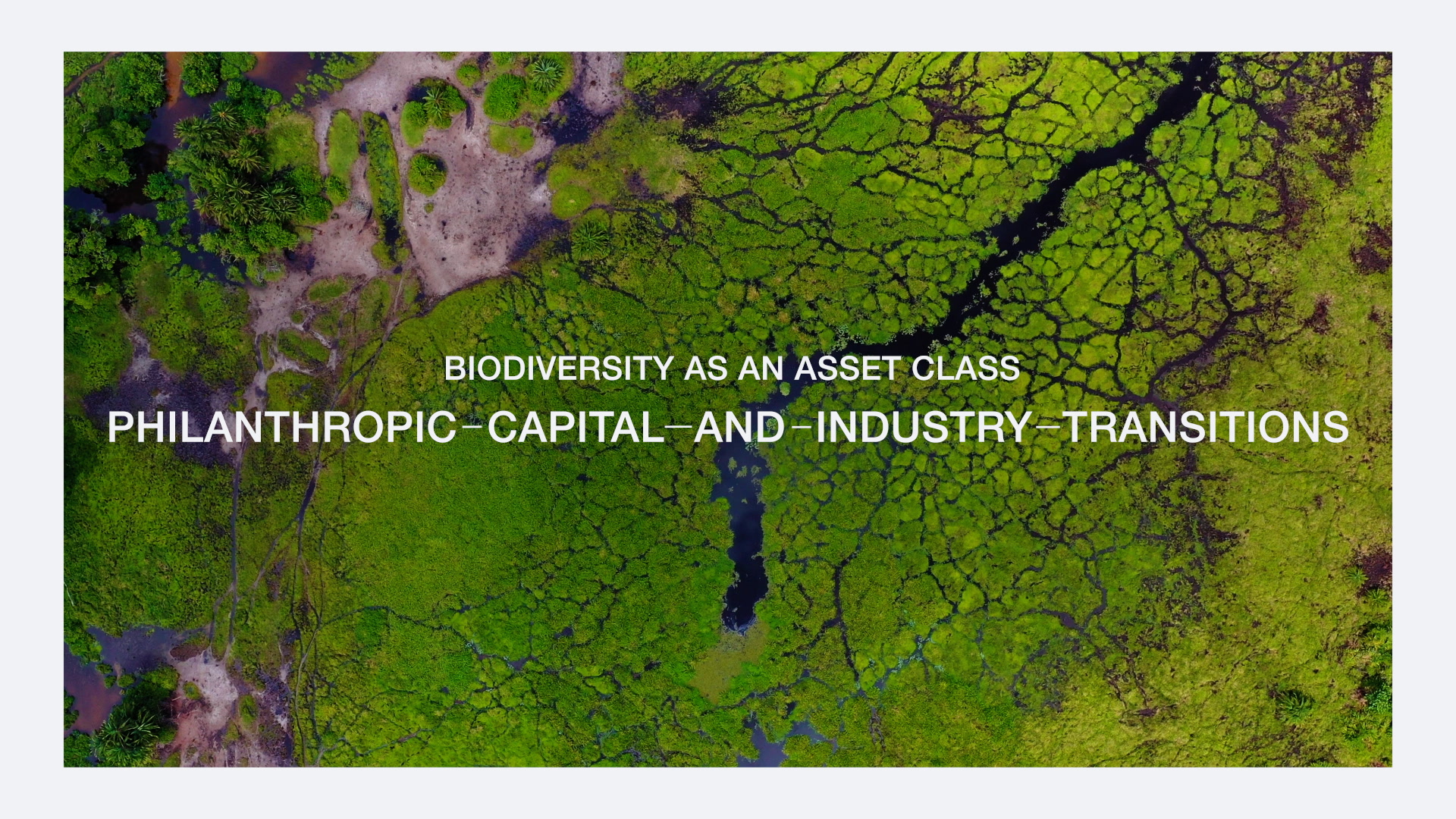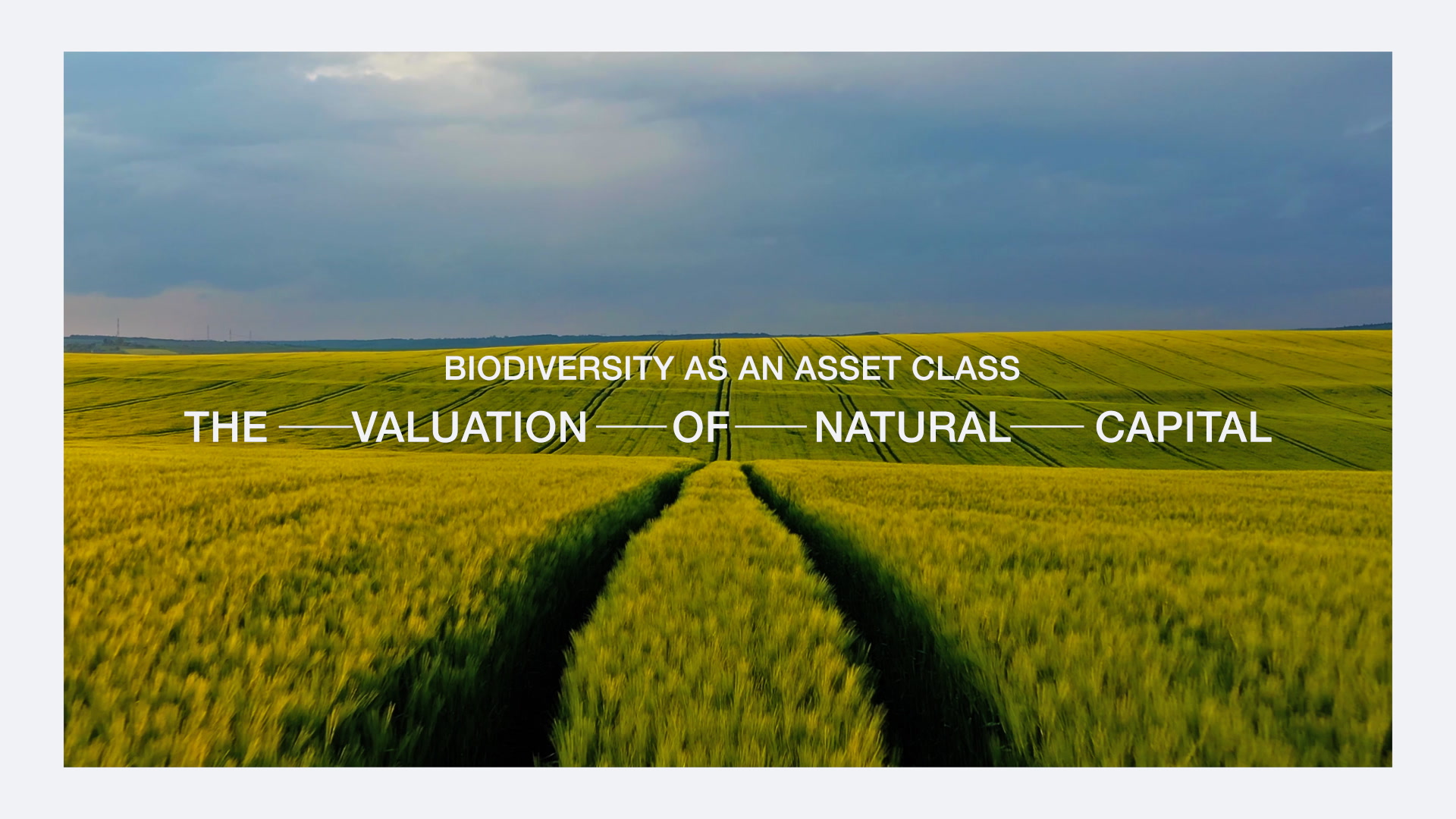
Biodiversity Finance - Internalize the Externality

Biodiversity loss represents an unprecedented systemic portfolio risk for investors as $44 trillion of economic value generation is moderately or highly dependent on nature and the services it provides. Furthermore, political momentum catalysed around the Convention on Biological Diversity (COP15), emergence of disclosure frameworks such as the Taskforce on Nature-related Financial Disclosures (TNFD) and additional requirements from regulators will significantly impact financial industries in the next 18-24 months. A large number of investors feel under-informed in this area and therefore the understanding of risks and opportunities related to biodiversity loss will be key going forward.
Leveraging World Economic Forum’s extensive network of leading institutions and experts, the Biodiversity Finance Initiative aims to develop an aligned view on removing barriers to investor action and identifying and adopting best practices related to biodiversity finance. The ultimate ambition of this effort is to significantly reduce financial flows that exacerbate biodiversity loss and increase investment flows that deliver transformative and positive impact on biodiversity.
Related Videos


The Future of Biodiversity Finance: Nature Positive Business

The Future of Biodiversity Finance: Philanthropic Capital and Industry Transitions

The Future of Biodiversity Finance: The Valuation of Natural Capital
